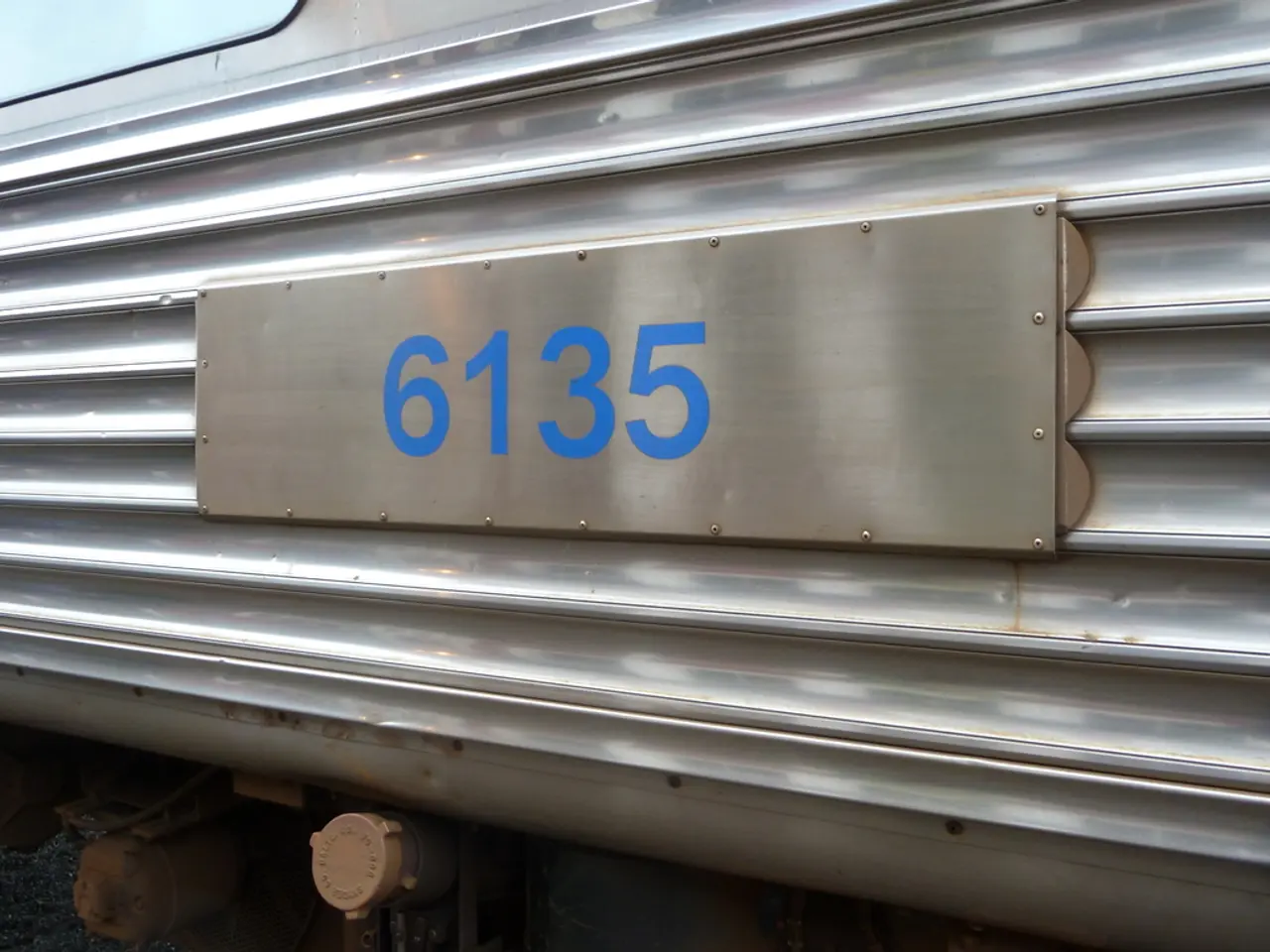City's Affection for Registration Plates - Government Doubts Growing - Government's Skepticism Towards City-Themed License Plates
In a move to boost local identity and foster a sense of belonging among citizens, mayors from several German states have penned letters to their respective ministries, advocating for the introduction of custom municipal license plates. Here's a breakdown of the steps involved in implementing such a change in Germany.
Steps to Implement Custom License Plates in Germany
1. Legal Framework and Feasibility Study
The first step is to assess the legal feasibility of custom license plates. This involves analysing the current Vehicle Registration Ordinance to determine if custom plates are permissible. A feasibility study will also be conducted to estimate costs, technical requirements, and potential impacts on traffic safety and enforcement.
2. Proposal and Draft Legislation
Collaboration with the Ministry of Transport is crucial in drafting a proposal for custom license plates. The proposal should detail the legal changes needed to comply with EU and national regulations. A draft bill will then be prepared, outlining the types of custom plates allowed, design standards, and any additional fees or procedures.
3. Consultation and Public Feedback
Public consultation is essential to understand the demand for custom plates and address any concerns. Feedback will be sought from motorists, automotive organisations, and relevant stakeholders such as law enforcement, automotive associations, and consumer groups.
4. Bundesrat Approval
The draft legislation will be submitted to the Bundesrat for review. Approval from the Bundesrat, which represents the interests of the states at the federal level, is necessary. Negotiations or amendments to the draft may be required.
5. Bundestag Approval
After Bundesrat approval, the draft moves to the Bundestag for debate and voting. The legislation requires a majority vote to pass.
6. Implementation and Regulation
Once the legislation is passed, the Ministry of Transport will develop detailed regulations for the implementation of custom license plates. Technical systems used for vehicle registration and enforcement will also be updated to accommodate the new custom plates.
7. Public Information and Rollout
A public awareness campaign will be launched to inform citizens about the new custom license plate options, including eligibility criteria and application procedures. The custom plates will be gradually introduced, starting with select regions or pilot programs to test the system before full implementation.
Several mayors from Baden-Württemberg, Bavaria, and North Rhine-Westphalia have written letters to their ministries, echoing this proposal. The Ministry of Transport in Stuttgart has referred the matter to the federal government. According to Professor Bochert from Heilbronn University, over 100 cities nationwide are currently seeking their own license plates. However, a spokesperson for a federal initiative for corresponding license plates does not see great chances of success.
The mayors view the idea as a valuable opportunity to strengthen the regional identity of their municipalities and promote city marketing without incurring costs. Professor Bochert suggests that 320 cities in Germany could receive their own vehicle registration codes. The proposal is based on a suggestion by Professor Ralf Bochert from Heilbronn University. Seventeen mayors from Baden-Württemberg have written to the Ministry of Transport to seek support for their own license plates.
- In light of the proposal for custom municipal license plates, policymakers must consider the introduction of policy-and-legislation that addresses the feasibility, design, and implementation details, ensuring compliance with EU and national regulations.
- The mayors' advocacy for custom license plates can potentially lead to an increase in city pride and marketing, yet the success of this initiative may face challenges due to the complexity of policy-and-legislation and politics, as demonstrated by the ongoing discussions in various German states.




